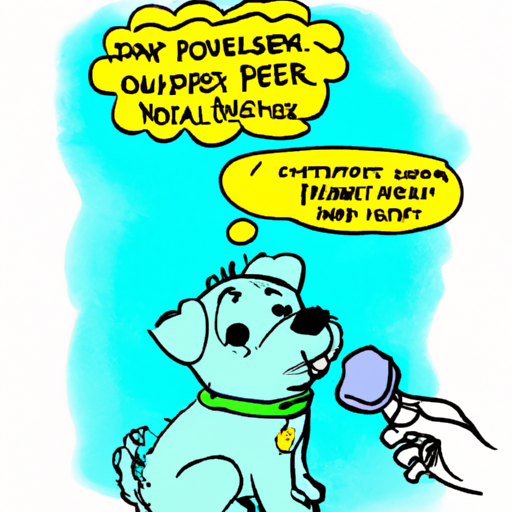Teething can be a tough time for your puppy and you, as the caregiver. As your puppy’s baby teeth start falling out to make way for adult teeth, they may experience discomfort, pain, and a strong urge to chew. Here’s the ultimate guide to help your teething puppy navigate this challenging phase.
Understanding Puppy Teething
Puppy teething typically begins around 3-4 weeks of age, and by six weeks, all of their baby teeth will have erupted. The teething process continues until they are about six months old. During this period, your puppy may show different signs such as:
- Increased chewing
- Drooling
- Missing teeth
- Bleeding gums
- Change in eating habits
Providing Chewing Toys
One of the most effective ways to soothe a teething puppy’s discomfort is by providing them with safe, puppy-approved chew toys. Here are a few factors to consider when choosing the right chew toy:
- Size: The toy should be large enough that your puppy can’t swallow it.
- Material: Opt for durable materials that can withstand aggressive chewing.
- Texture: Variety in texture can help soothe your puppy’s gums.
| Chew Toy | Pros | Cons |
|---|---|---|
| Puppy Kongs | Durable, can be filled with treats | May be too tough for some puppies |
| Teething rings | Soft, easy to grip | Not as durable |
| Stuffed animals | Soft, comforting | Can be destroyed quickly |
Feed them Cold Treats
Cold treats can be an excellent way to alleviate your puppy’s teething discomfort as the cold can numb their gums. You can opt for puppy-friendly ice cream, frozen carrots, or even freeze their wet food or broth into cubes.
Use Teething Gels and Sprays
Teething gels and sprays are products designed to numb the area on and around your puppy’s gums, providing temporary relief from the pain and discomfort of teething. However, always consult with your vet before using these products.
Regular Vet Check-ups
Regular vet check-ups during this period are essential to ensure that your puppy’s teeth are growing in correctly. If a baby tooth doesn’t fall out before the adult tooth comes in, it can lead to dental issues down the line.
Create a Calming Environment
Your puppy may feel more anxious during this time. Create a calm, quiet space for them with their favorite blanket, bed, or crate. Soft music and minimal disruptions can also be beneficial.
Training and Patience
Training is crucial during this stage. If you find your puppy chewing on something they shouldn’t be, redirect them to their chew toy. Remember to be patient, as this is a difficult time for your puppy.
Frequently Asked Questions (FAQs)
Q: When does puppy teething end?
A: Most puppies finish teething by six months of age.
Q: Is it normal for puppies to bleed when they are teething?
A: Yes, it is normal for puppies to have a little bleeding during teething.
Q: Can teething cause my puppy to lose appetite?
A: Yes, the discomfort of teething can cause puppies to eat less.
Q: Should I brush my puppy’s teeth during teething?
A: Yes, you should still maintain oral hygiene during teething. Use a soft brush and puppy-specific toothpaste.
Remember, while teething can be a challenging time for both you and your puppy, it is also a temporary one. With your support and patience, your puppy will soon grow into their adult teeth and the discomfort will be a thing of the past.



